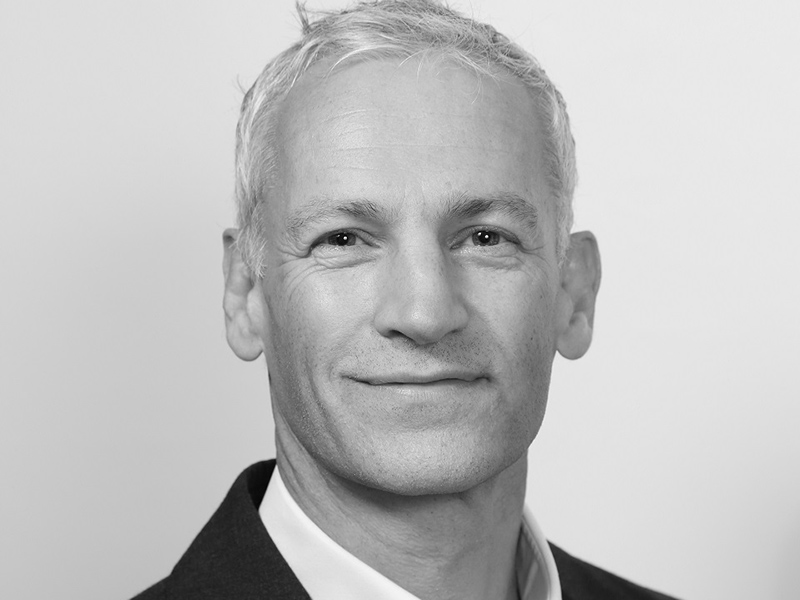Mark Bickford on a sustainable alternative to traditional social housing models
Scotland is facing a significant housing challenge. According to Shelter Scotland, 40,685 households applied as being homeless to local authorities in 2023/24, a 4% rise on the previous year, with a household becoming homeless every 16 minutes .
Councils are struggling to meet their statutory duties, and charities providing supported housing face rising demand for their services against a backdrop of limited resources.
Social investment can play a significant role in supporting housing providers and charities address homelessness. Properly designed, it can offer a more sustainable funding model at a time when grants and donations are hard to predict, and it is helping increase the stock of quality, affordable homes that are available to homeless people for the long term.
A new model for supported housing
Traditionally, property investment has followed a 'landlord' model, where investors purchase homes and lease them to individuals or organisations. This has its limitations, particularly in Transitional Supported Housing (TSH), where housing and support services are provided together.
The landlord model isn’t always the best solution for meeting growing demand. Some charities decide to buy properties, but this usually requires a mortgage and deposit, which may not be the best use of charity reserves. Taking on large debts also exposes charities to voids and property market risks.
Social and Sustainable Capital (SASC) has introduced an alternative through its Social and Sustainable Housing Fund (SASH I & II). It provides 10-year loans covering 100% of the purchase price, with SASC absorbing both void and negative equity risk. This enables supported housing organisations to expand permanently by buying homes rather than renting, creating a more sustainable model.
The impact is already being seen. Simon Community Scotland, a charity tackling homelessness in Edinburgh, a city with a severe shortage of affordable housing, used a £5 million loan to purchase 30 properties, providing stable homes for individuals transitioning from temporary accommodation or rough sleeping.
Positive Steps Partnership, a Dundee-based charity supporting people with addiction issues and ex-offenders, received two loans from SASC totalling £2.76m to purchase properties. The funding enabled the charity to support more people while reducing reliance on council-owned properties and private landlords, ensuring greater long-term security and independence.
Blue Triangle, a social care provider and Registered Social Landlord, used a £4.925m SASH II loan to buy over 60 properties across southern Scotland for vulnerable adults. By providing safe, supportive, psychologically informed environments, Blue Triangle helps people at various stages of their support journey, offering time and space to reset at a critical point in their lives.
By enabling charities to purchase existing homes rather than new builds, this model also allows people to be placed within established communities rather than grouped together, supporting quicker integration, flexibility and a stronger sense of belonging.
These examples highlight how social investment is reshaping supported housing in Scotland, giving vulnerable people safe, stable homes while strengthening the charities who support them.
The future
Tackling Scotland’s housing crisis requires a coordinated effort across public, private and social sectors. Social investment is a vital part of this, enabling sustainable housing solutions and creating opportunities for those who need them most. By helping charities move from renting to ownership, social investment is helping charities build a future where vulnerable people have security, dignity, and stability, and organisations delivering vital services can plan and grow with confidence.
SASC currently has up to £18.5m of ringfenced funding available for Scottish charities through SASH II, which must be committed by March 2026. For more information email: [email protected]
Mark Bickford is CEO at Social and Sustainable Capital (SASC).







